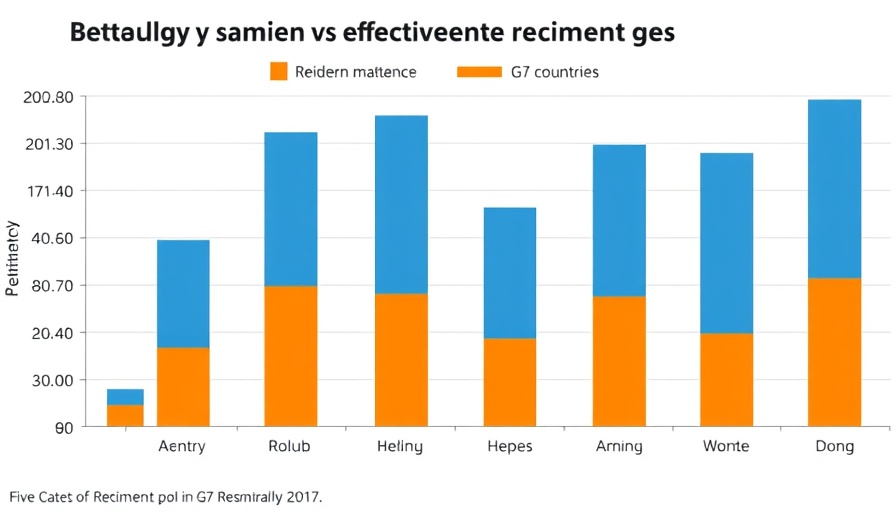
Understanding the Proposed Changes to the FMLA
In an important shift for family leave policy, a new bill introduced by Rep. Sarah McBride aims to update the Family and Medical Leave Act (FMLA) by removing outdated limits on leave for married couples working for the same employer. Current regulations restrict these couples to a combined total of 12 weeks of leave, regardless of the needs surrounding childbirth, adoption, or caring for a seriously ill parent. McBride argues that this limitation unfairly penalizes families who happen to work together, stating, "Just because a family works for the same employer doesn’t mean they should get less time off than other families." Such limitations do not reflect the realities of modern families and their diverse needs.
The Impact of Outdated Leave Policies
This change, if enacted, could significantly impact employee engagement and retention strategies amid a competitive labor market. By enabling married couples to access the full breadth of FMLA protections, businesses can promote a high-performance culture that values employee well-being. According to various HR metrics, organizations that prioritize family-friendly policies often experience lower turnover rates and enhanced employee satisfaction. Allowing for adequate leave can also foster loyalty among employees, reinforcing strong succession planning and workforce optimization.
A People-First Leadership Approach
Embracing a people-first leadership strategy is becoming increasingly vital for businesses aiming to thrive in today's workplace. By supporting policies like the repeal of FMLA restrictions for married couples, companies can demonstrate a commitment to enhancing employee performance through improved work-life balance. This alignment with family needs not only helps attract top talent but also creates a sense of belonging within the organization.
Looking Forward: Future Workforce Strategies
The evolution of the FMLA reflects broader workforce trends towards inclusiveness and flexibility. As more organizations recognize the importance of supporting their employees during critical life events, they stand to benefit from a stronger, more cohesive workforce. This bill is a step toward redefining traditional policies to better meet the needs of contemporary families and adapting business practices that align with the increasing demand for holistic employee experiences.
 Add Row
Add Row  Add
Add 




Write A Comment